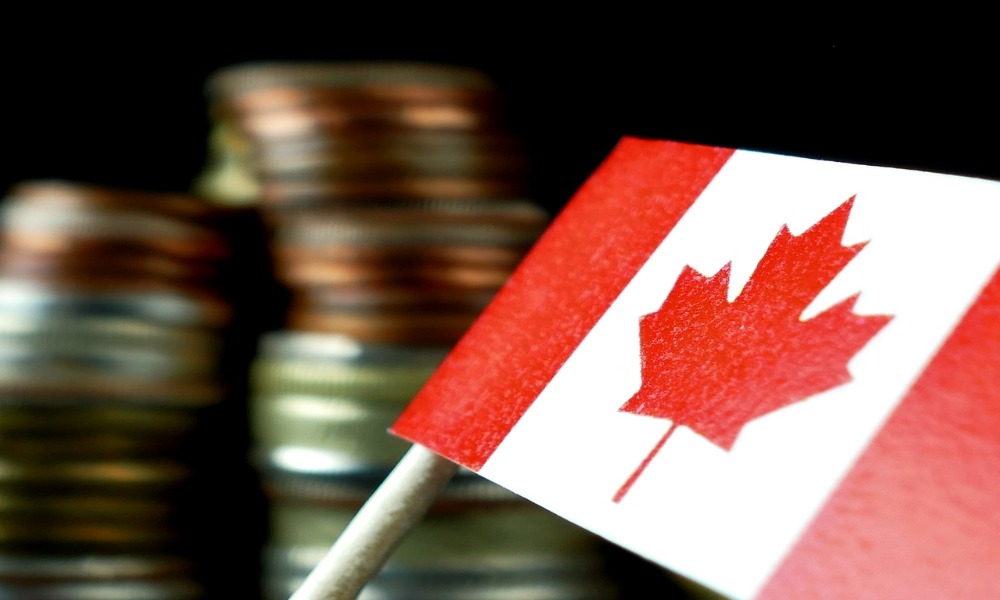Mounting household debt-to-GDP ratios are likely to offset any gains in purchasing power

Canada’s appetite for mortgages and other forms of debt has reached the point of aggravating the financial vulnerabilities of an already overstressed economy, according to researcher David Rosenberg and economist Julia Wendling.
“Despite being among the most indebted of their peers pre-pandemic, Canadian households expanded their liabilities at the fastest rate in nearly a decade – primarily driven by a huge uptick in demand for mortgages as low interest rates prompted a surge in house prices,” Rosenberg and Wendling said in their recent contribution to the Financial Post.
The unrestrained borrowing pushed the Canadian household debt-to-GDP ratio from 101.3% at the end of 2019 to 119.6% by mid-2020. This trend is likely to negate any gains from the (temporarily) improved purchasing power that borrowers enjoy, the analysts said.
Read more: How sensitive is the Canadian economy to higher interest rates?
“While spending and economic growth may get a brief boost (typically within one year) from the debt burden increase, any potential benefits in the short run are typically reversed (and then some) within three to five years,” Rosenberg and Wendling said. “The household debt ratio has come down since the crisis peak, but the reality is that the population’s excessive borrowing habits leading up to and during the pandemic will likely act as a drag on future consumption – and, thus, economic growth – over the longer term.”
A similar observation made by David Wolf of Fidelity Investments earlier this year pointed to the economy’s disproportionate reliance on housing activity as a source of major systemic weaknesses. At present, the residential property segment accounts for approximately 9% of Canadian economic output, Wolf said.
“With mortgage debt accounting for more than two-thirds of liabilities and real estate as a share of disposable income reaching a record high of 501%, Canadians are exceptionally vulnerable to any correction in the housing market, which has already shown signs of cooling off,” Rosenberg and Wendling said. “All in, the long-term fundamentals of the Canadian economy are on shaky footing, further crippled by excessive debt, and we fully expect future economic growth to remain subdued.”



